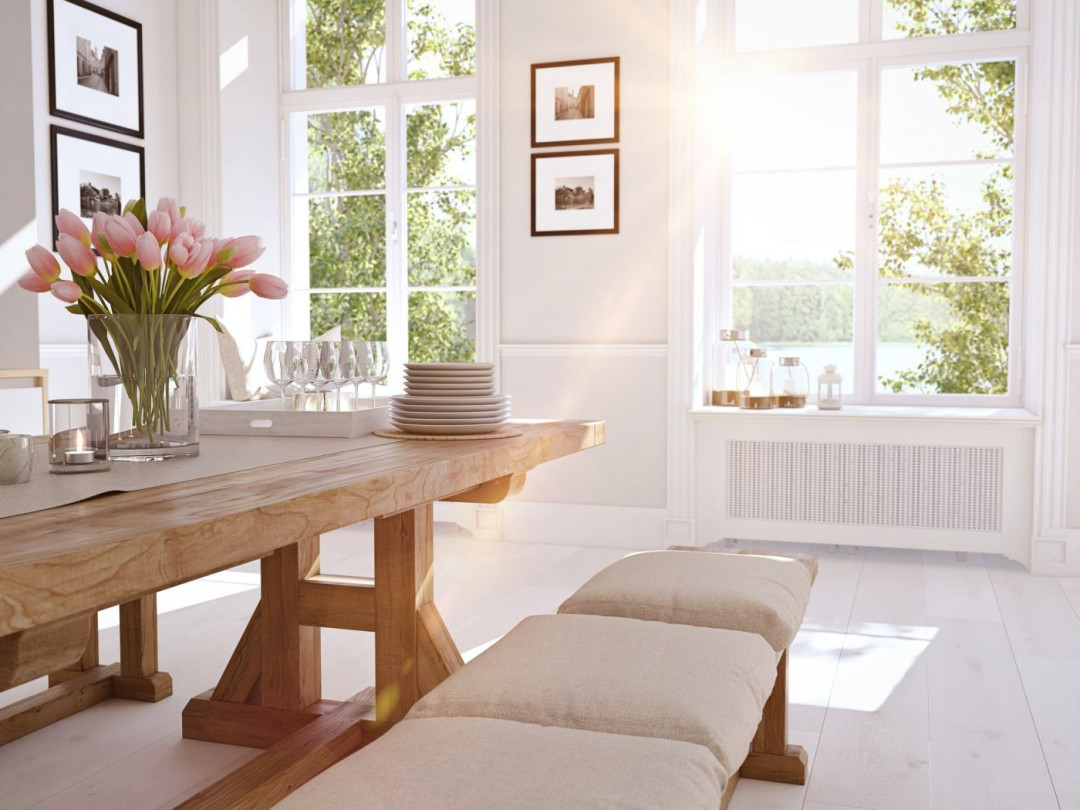You may have an idea that your windows are affecting your home heating and cooling bill. Windows that feel hot in the summer and cold in the winter are transferring that temperature to your home. But you might be surprised to learn just how much energy you are wasting.
The U.S. Department of Energy estimates that 25% of all residential heating and cooling costs result from energy loss attributed to windows. That’s a lot of wasted money on utility bills. In fact, Energy Star found that replacing single-pane windows with Energy Star double-pane windows can save the average Georgian 31% on their utility bills. Even if you already have non-Energy Star double-pane windows, switching to Energy Star windows could save you 14% of your bill.
Is it Time to Replace Your Windows?
There are some telltale signs that it may be time to replace your windows.
The first test is to simply walk up to your window and put your hand against the glass. If the window feels hot in the summer or cold in the winter, you have a problem. That window isn’t just changing the temperature of the glass. The air around the window is also heating or cooling, and that temperature spreads throughout your home.
The second test is to stand in front of your window and see how the temperature feels. If the area near your window is the wrong temperature or if it feels drafty, you need new windows.
A third sign you need new windows is if your windows are becoming foggy when the temperature inside your home and outside are too far apart.
Finally, age alone can probably give you a hint. Newer homes were often built to maximize profit for the builders. That means cutting corners wherever possible, including installing less-than-ideal windows. If your home is older than 30 years, it very likely has single-pane windows that are doing little to keep the temperature in your home stable. If you find that your heating or air conditioning is running all day, the chances are good that your windows are to blame.
Picking Replacement Windows
When it’s time to select new windows, there are a few features to look for:
- Double-Pane Windows - Double-pane windows have two panes of glass with argon or krypton glass between the panes. The gas helps reduce the transfer of heat and UV rays through the window. Make sure you choose double-pane windows with at least four layers of low-e coating. The coating helps keep UV rays and infrared light (i.e., heat) from penetrating your window.
- Insulated Framework and Fusion Welds - Many replacement windows have hollow frames that are glued and screwed together. Instead, look for a frame that is insulated and held together with welds. An insulated frame will do much more to prevent the transfer of heat or cold. The tight welds also reduce drafts.
- 100% Vinyl Frame - Did you know that a window frame only needs 15% new vinyl to be marketed as a vinyl window frame? Most vinyl frames use mostly reground plastic. But 100% (or close to 100%) vinyl is a much better insulator. Other options, such as aluminum, are poor insulators. Wood is a classic window frame material, but it is prone to rot.
Who Should Replace Your Windows?
When it comes to replacing your windows, you have lots of choices. Many roofing and siding companies also install windows, as do many remodeling and handyman services. But when you replace your windows, you should keep an eye on the combination of price, quality, and warranty.
When you select a TrustDALE certified window replacement company, you can rely on Dale’s 7-point investigative review. These are companies with great pricing, exceptional customer service, and some of the best warranties in the industry.


